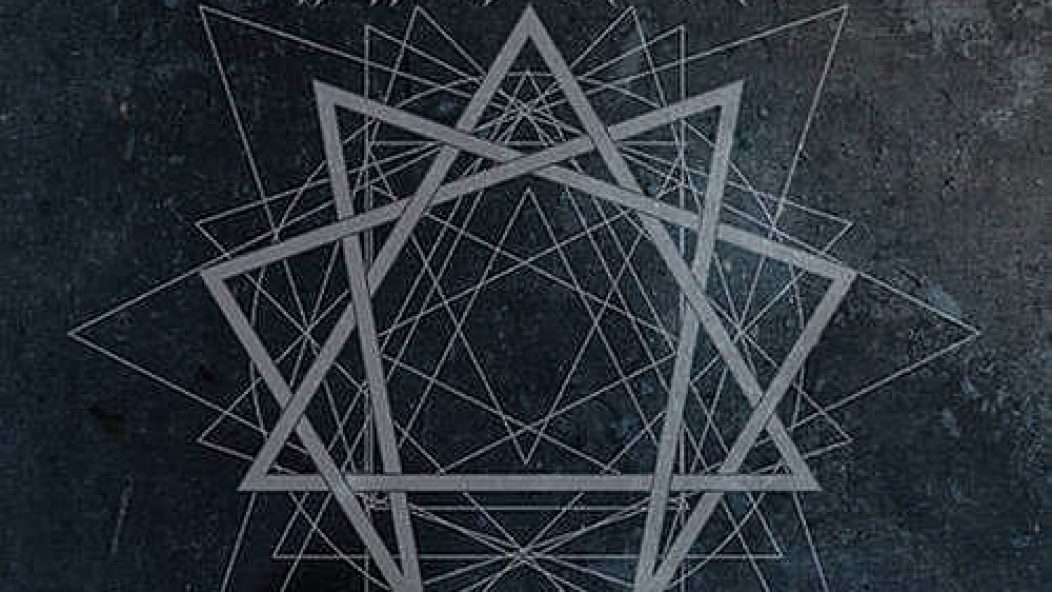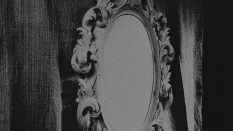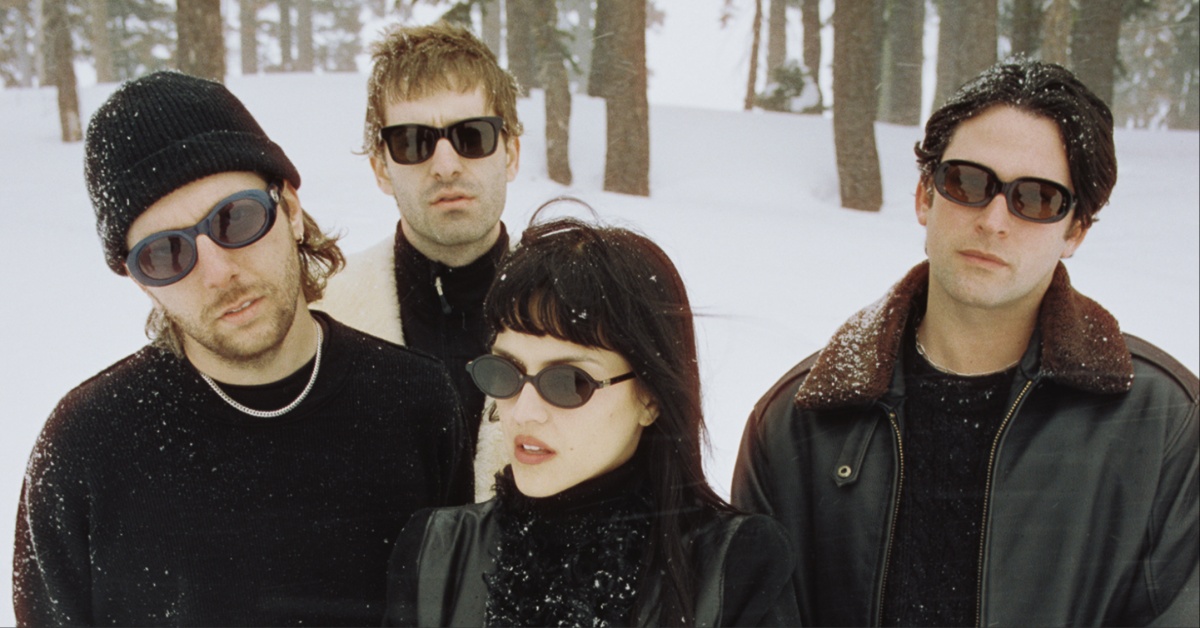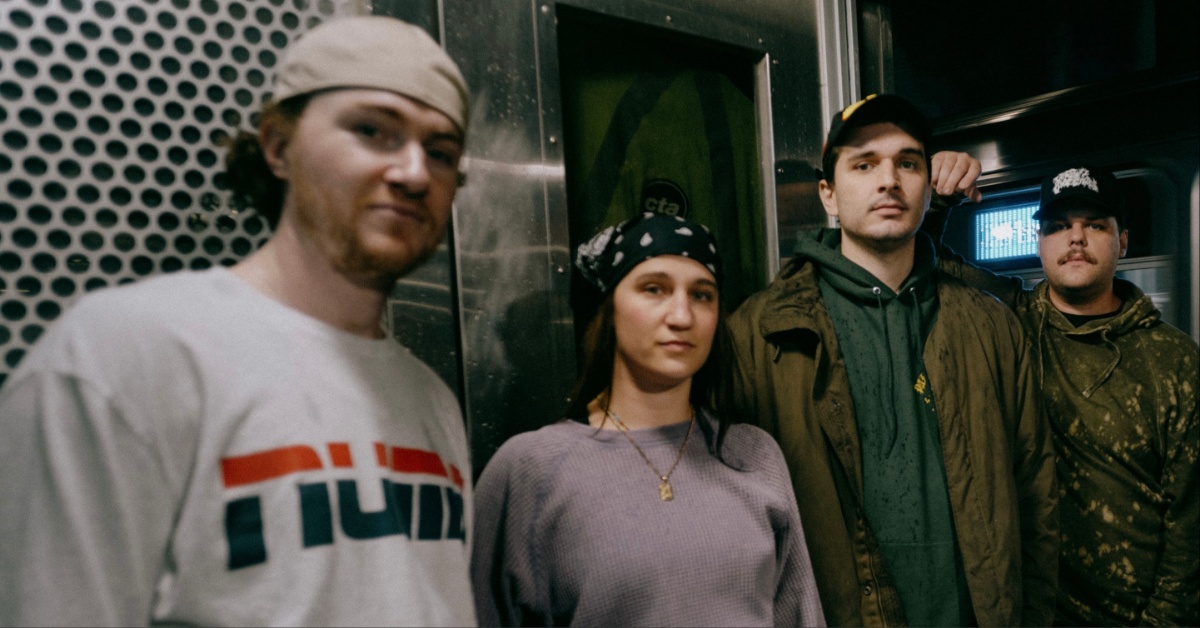
Bosse-de-Nage - All Fours
. . .
The 2012 Deafheaven/Bosse-de-Nage split 12″ was a 20 minute meetup of two precocious experimental black metal bands from the San Francisco Bay Area. Deafheaven had debuted their Roads to Judah full-length the preceding year, and Bosse-de-Nage had a trilogy of self-titled albums prior to the split 12” (referred to as Bosse-de-nage, II, and III, respectively). A year later, Deafheaven unleashed Sunbather. With that album, Deafheaven took musical cues from non-metal acts like Mogwai (they covered their track “Cody” on the 2012 split) and Slowdive. The public’s response was gargantuanly worshipful, and Sunbather was the most favorably-reviewed album of 2013.
Bosse-de-Nage are now releasing All Fours, a spellbinding follow-up to their split with Deafheaven. Unlike Sunbather, All Fours doesn’t occupy a gigantic amount of sonic space; the record’s sound is tight and unadorned, similar to Steve Albini’s classic production style. “Washerwoman” takes direct influence from Slint, a group who were produced by Albini. The guitars are slow and tip-toey, yet slightly on edge. Frontman Bryan Manning has a jaded spoken-word delivery towards the beginning of the track, very similar to Brian McMahan on Slint’s legendary album Spiderland.
Also, lyrics have an especial emphasis. The promo copy came with an attached PDF lyric sheet, unlike other promos I’ve downloaded. Manning’s vocal poetry is grotesque and frightening, but masterfully constructed. For example, the villainous female subject of “Washerwoman” has wicked, sexual intentions: “The light grows dim, and with her mouth full of lather she announces, ‘I come from the City of Hair beyond the Wrinkled Mountain and I will not rest until I’ve washed every penis in this room.’”
“At Night” is suffused with earthquaking drums and disturbing, tremolo-picked progressions, along with a zest of Swans’ monumental tumult. Manning growls about Marie, a recurring figure in Bosse-de-Nage’s repertoire. On past tracks like “Marie Pisses Upon The Count” (Bosse-de-Nage) and “Marie In a Cage” (II), she is painted as a foul and lustful display-piece. In “At Night,” Marie serves as a ghastly, erotic outlet for Manning’s speaker: “The ashes cling to the urine on her torn clothes forming new, amusing patterns each time. / At night she reenacts scenes from her passion. / She kicks and screams on all fours – her violent dressage thrills me.” Darkly sexual descriptions like this ring similar to the lyrics of Pig Destroyer’s JR Hayes, who pens about similar subject matter.
Bosse-de-Nage and Deafheaven are zealous about artistic, evocative lyrics and compelling melodies; relentless black metal energy helps accentuate their attributes. However, out of the two, Bosse-de-Nage is closer to the ethos of black metal. All Fours’ music is fucking grim, while Sunbather is frequently major-keyed and blissful-sounding, and All Fours’ tight production style was intrinsic to black metal ancestors like Darkthrone and Burzum.
On top of this, Bryan Manning’s stanzas turn the album into a hellish beauty. His lyrics, an integral aspect of Bosse-de-Nage, warrant an extensive literary theory essay. Y’know, we’re actually learning about poetry in English this semester – maybe I’ll analyze All Fours for my final paper.
. . .
. . .
All Fours is out today via Profound Lore. Follow Bosse-de-Nage on Facebook.
. . .
![21002 [Converted]](https://www.invisibleoranges.com/wp-content/uploads/2015/03/23/PromoImage.jpg)











